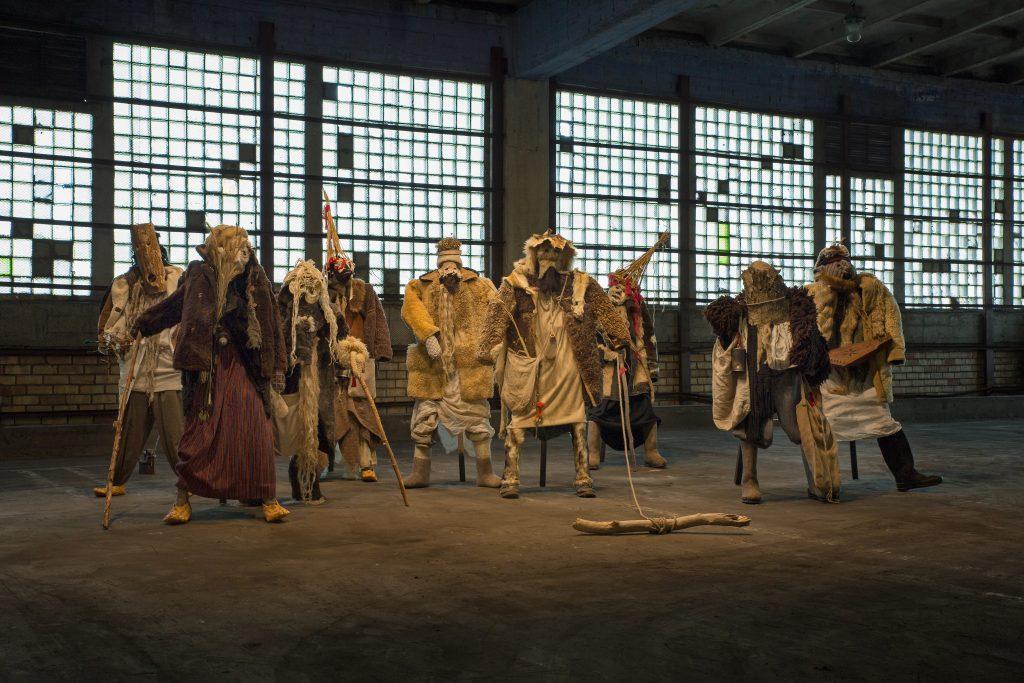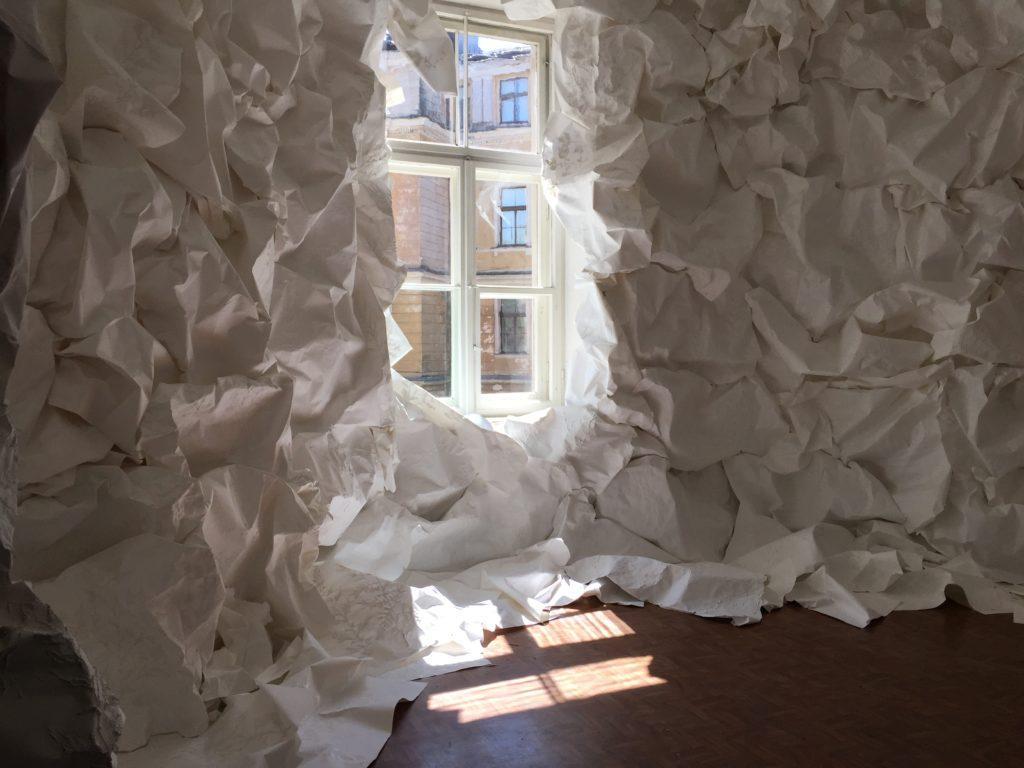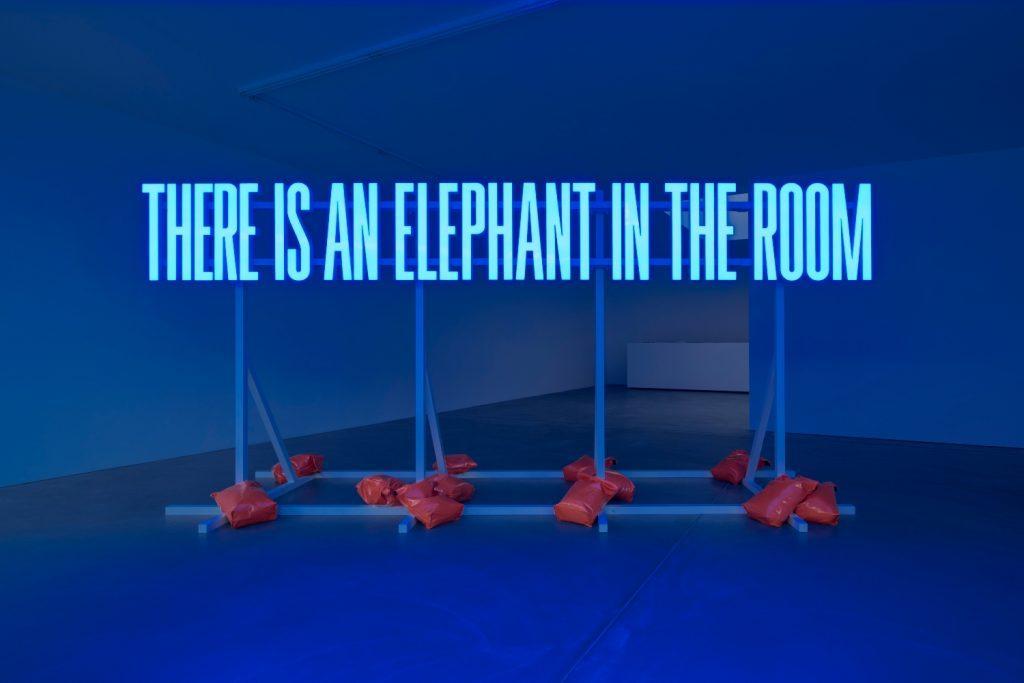
'What We Are Providing May Simply Be Unwanted': After Backlash From The Latvian Art Scene For Its Links To Russia, The Riga Biennial Has Called Off Its Third Edition
“It appears that the heritage of our executive members, which includes Russian among Lithuanian and Latvian nationalities, is something too significant to overcome as the Russian attack on Ukraine rekindles tensions of an occupied past,” the organizers wrote in a statement confirming the event's suspension.
The event's founder, Agniya Mirgorodskaya, is not only of Russian origin but has, until recently, relied on Russian funding from her father, fishing entrepreneur Gennady Mirgorodsky. This association was awkward for the formerly Soviet-occupied country even before Russia invaded Ukraine in February 2022. Latvia has its own painful history with Russia, and it re-gained independence from the Soviet regime in the early 1990s as a result of the Baltic States' Singing Revolution. Since then, it has sought to reduce its neighbor's cultural influence .

Nikolay Smirnov, Religious Libertarians (2020). Commissioned by the 2nd Riga International Biennial of Contemporary Art, RIBOCA. Photo by Hedi Jaansoo. Courtesy of the Riga International Biennial of Contemporary Art.
The biennial had originally been scheduled to take place in 2022 but was postponed shortly after war broke out. Publicly, the organizers launched their Common Ground initiative, offering their venue instead as a place for Ukrainian refugees to socialize and work. Behind the scenes, though, its organizers seemed to scramble to distance themselves from their Russian roots. According to a roundtable with Latvian cultural workers in , as soon as the war broke out, several artists set to participate in the third edition withdrew.
“It was very clear from day one that we had to completely change our funding structure,” Mirgorodskaya told artnet news earlier this year when the biennial attempted to reboot. A temporary solution came courtesy of her husband Robert William Pokora, a financier working in real estate in New York, who agreed to donate a fixed percentage of his earnings towards a new endowment fund for the biennial.
It now appears that these efforts were not enough to stem a rising tide of skepticism and resistance to any Russian influence within the arts and culture scene in Riga, and any real or symbolic ties with Russia proved impossible for RIBOCA to overcome. Some were also unsatisfied with the claimed financial tweaks.

Teemu Korpela Disposition 1 (2018). RIBOCA1: 'Everything Was Forever, Until It Was No More' in Riga, Latvia, 2 June – 28 October 2018, rigabiennial.com
“The argument given by RIBOCA that money for artist fees comes from other countries, like Switzerland is a calming compromise out of an account department,” said artist Maija Kurševa in who withdrew from the show after the war began.“It is a legal argument but entirely unpersuasive.”
Žanete Liekīte, a curator from Riga, criticized the biennale's organizers in a recent opinion piece published in latvian press . Among her points, she questioned the validity of their attempts to support Ukrainian refugees while abstaining from calling out the Russian government for the war.“'Reacting to the brutal war in Ukraine' without directly mentioning the aggressor develops into an amusing situation, with one hand reaching out to Ukraine, while the other is held on Russia's knee.” Liekīte also questioned the unmentioned disappearance of sanctioned Russian Pyotr Aven from the RIBOCA board.
The main exhibition of the third edition of RIBOCA was set to open on August 10 and run through to March 2025 in a collaboration with the esteemed curator René Block. After the initial postponement post-invasion, the show reemerged with a notably different artist list and with the artist collective SUPERFLEX added as a co-curator.
The show was re-titled“There is an Elephant in the Room.” The plan was to stage works by 25 women artists across multiple venues in Riga, with each offering their own take on some urgent but thorny issue. An initial phase of the biennial's reworked program opened at the Kunsthal 44Møen in Denmark in June.
“We have been forced to confront the difficult reality that what we are providing may simply be inappropriate or unwanted in these challenging times, no matter how benevolent our intentions may be,” said the organizers.“Furthermore, in the best interests of our team and artists' wellbeing, we have decided to pause our efforts.”
More Trending Stories:
a norwegian dad hiking with his family discovered a rock face covered with bronze age paintings
a gnarly old tooth found in a museum cabinet could provide the key to understanding an ancient relative of the hippo
the de sica family's storied villa in capri, frequented by artistic luminaries from cy twombly to d. h. lawrence, has found a buyer
after a memorably botched action bronson show, the rockaway hotel is offering refunds and reassurances about its arts programming
what would architecture look like in the virtual realm? see inside a new show of gravity-defying, a.i.-generated designs
photographer harry benson captured candid images of the stars, including the beatles and liza minnelli. here are the stories behind 6 of his iconic photos
in pictures: a surprising museum show explores the starring role seaweed-yes, seaweed-plays in classic works of art and design
lisa schiff questioned the validity of art appraisals. days later, she was sued for fraud

Legal Disclaimer:
MENAFN provides the information “as is” without warranty of any kind. We do not accept any responsibility or liability for the accuracy, content, images, videos, licenses, completeness, legality, or reliability of the information contained in this article. If you have any complaints or copyright issues related to this article, kindly contact the provider above.






















Comments
No comment